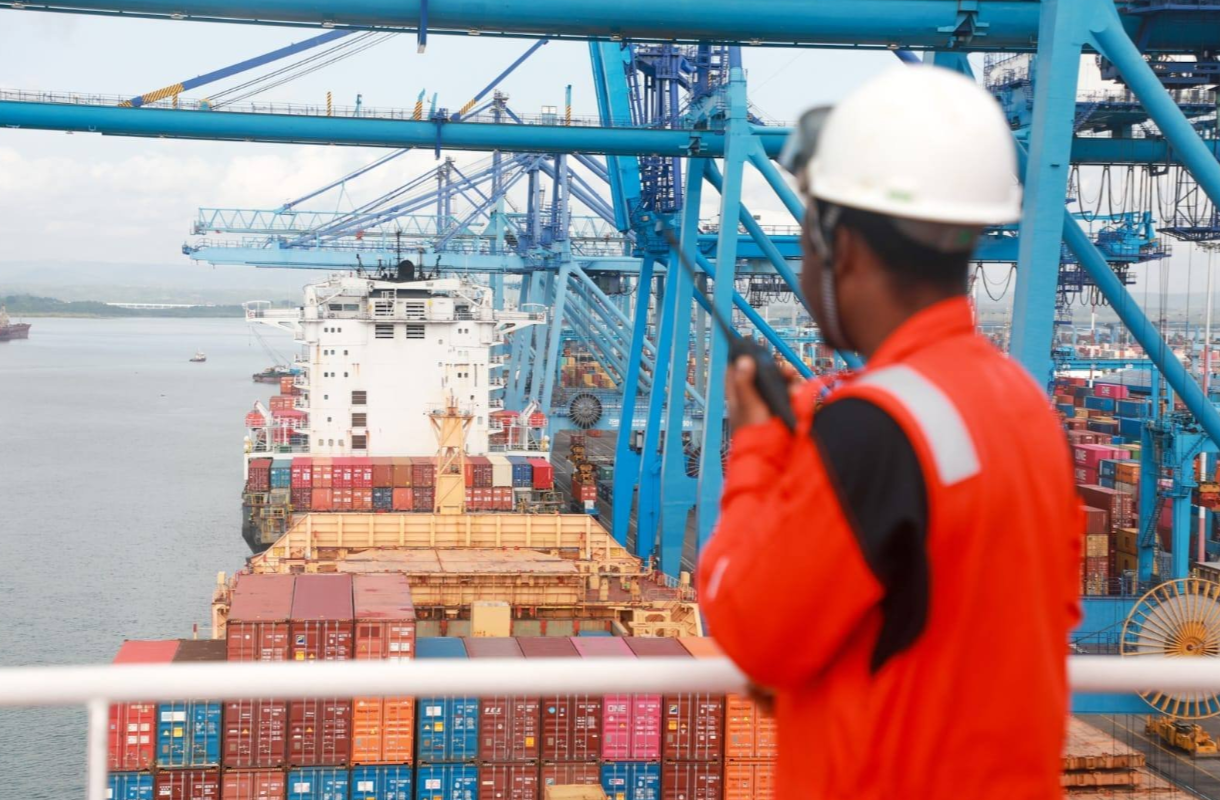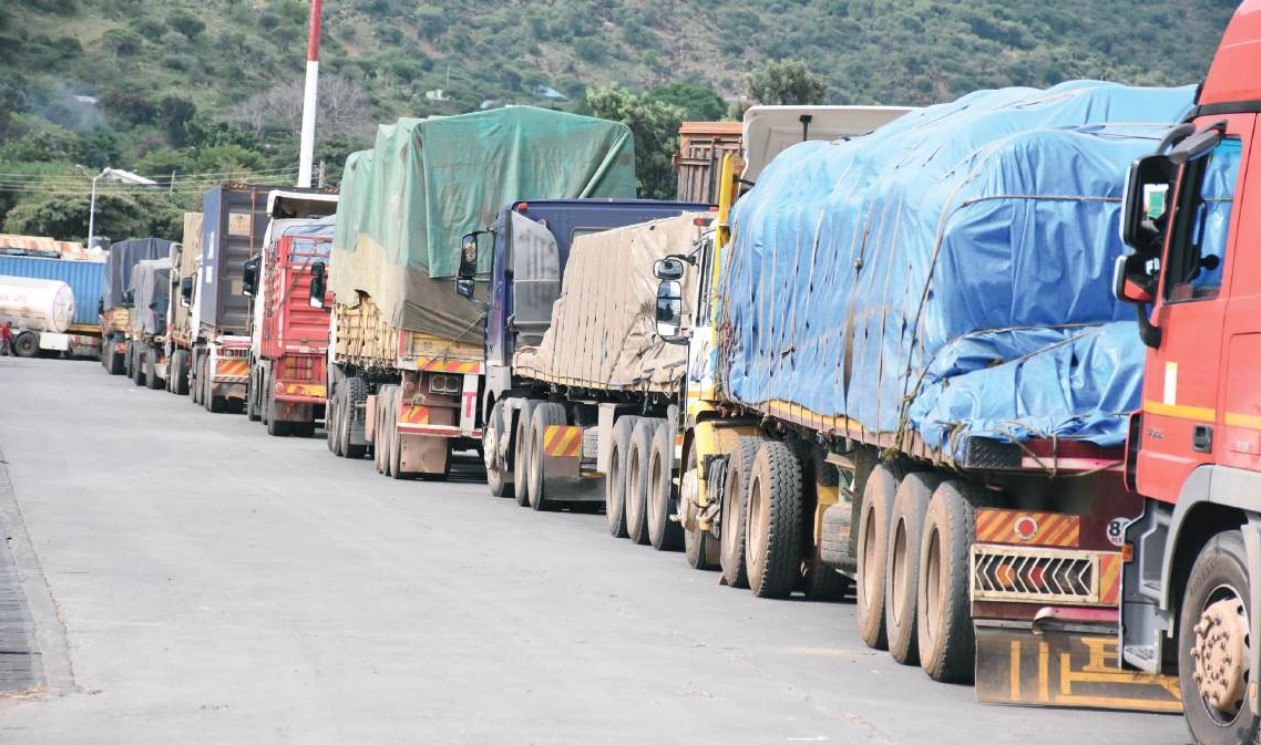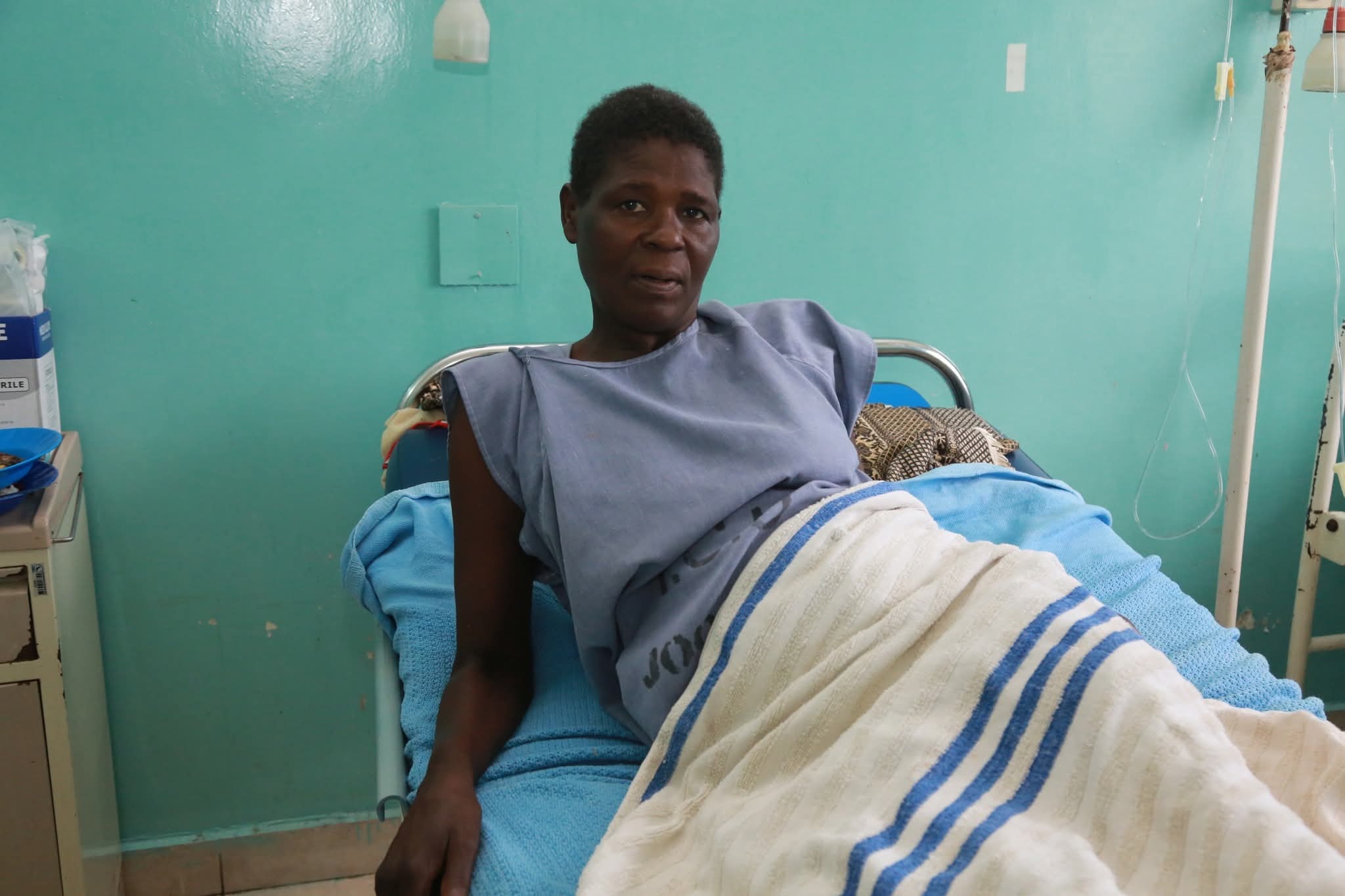

Shipping agents are warning of delays and disruption in international trade at the Port of Mombasa, blaming it on new regulations by the Kenya Plant Health Inspectorate Service (Kephis).
Kephis has at the same time also locked horns with the Kenya Maritime Authority (KMA) over the new inspection fees, which the shipping regulator wants suspended, saying it is causing delays in cargo evacuation.
At least 24 vessels were on the waiting list for berthing at the port between last week and this week, the Kenya Ports Authority vessel schedule shows.
These include both container berths and conventional cargo. There is, however, no waiter for oil terminals.
According to the Kenya Ships Agents Association, Kephis is now demanding inspection fees of Sh2,000 per vessel, work which they are not doing physically.
Kephis, the state agency mandated to assure the quality of agricultural inputs and produce to prevent adverse impact on the economy, the environment and human health, is also charging an inspection fee of Sh375.00 per container, despite not offering the services in full.
“They are not inspecting anything, and it is practically impossible to inspect 5,000 units that pass through the port every day. If anything, any import or export has certificates of inspection from the origin, which any government agency can verify,” KSAA chief executive Elijah Mbaru said.
The agents have also noted that all imported cargo into Kenya are already inspected by various agencies at the origin point and given a clean bill of health for exporting with all certifications, hence vessel inspection is a duplication of what Port Health also does.
All other government agencies, including immigration, customs, port health, port pollution (Marpol), Port Security(ISPS), port state control, and Kebs, among other agencies, board and don’t charge anything to inspect shipping lines.
He said Kephis has also gone further to inspect non-agricultural products, including shipping containers that have already been inspected at the port of loading.
“Whilst we acknowledge and respect the mandate of Kephis to ensure plant health and the quality of agricultural inputs and produce in support of food security and competitive trade, we are increasingly concerned about what we view as overreach beyond this mandate,” Mbaru said.
The agents want Kephis to stop charging the extra fees, particularly where no physical inspection is carried out, with both traders and shippers also crying out over the charges which they say are adding to the cost of doing business and exposing consumers to higher commodity prices.
“No export container should be held back because of non-payment of inspection-related fees. Kephis to furnish the authority with all the relevant documentary evidence of adequate public participation being undertaken with regard to implementation of the containers and vessels inspection,” Nyarandi had said.
He noted there is a current export shutout being experienced at the port of Mombasa, referring to cargo that is meant to be exported on a specific vessel but is unable to be loaded due to various reasons, resulting in the container being excluded from that sailing and remaining at the port.
“The shutouts are attributed to non-issuance of container inspection certificate to agricultural exports containers owing to the non-payment of the respective inspection charges by the relevant shipping lines,” Nyarandi noted.
Kephis managing director Theophilus Mwendwa however yesterday said: “We are implementing the law..Plant Protection Act (Cap 324) Legal Notice Number 48 of 2009 section 12(e). That is the law.”























